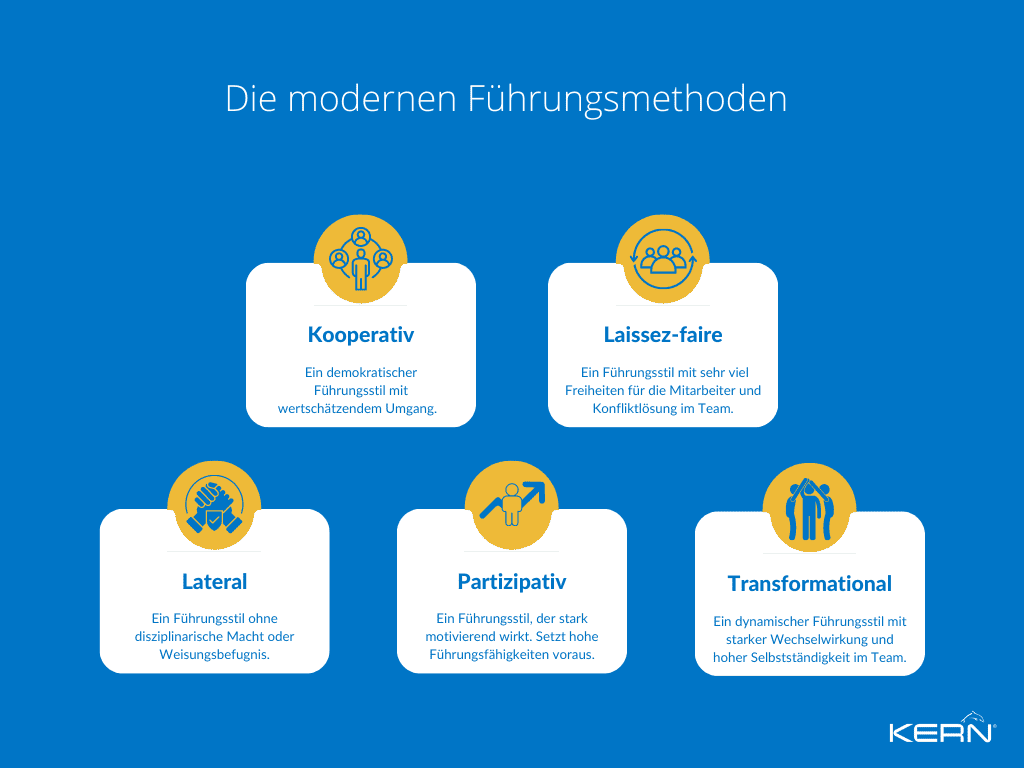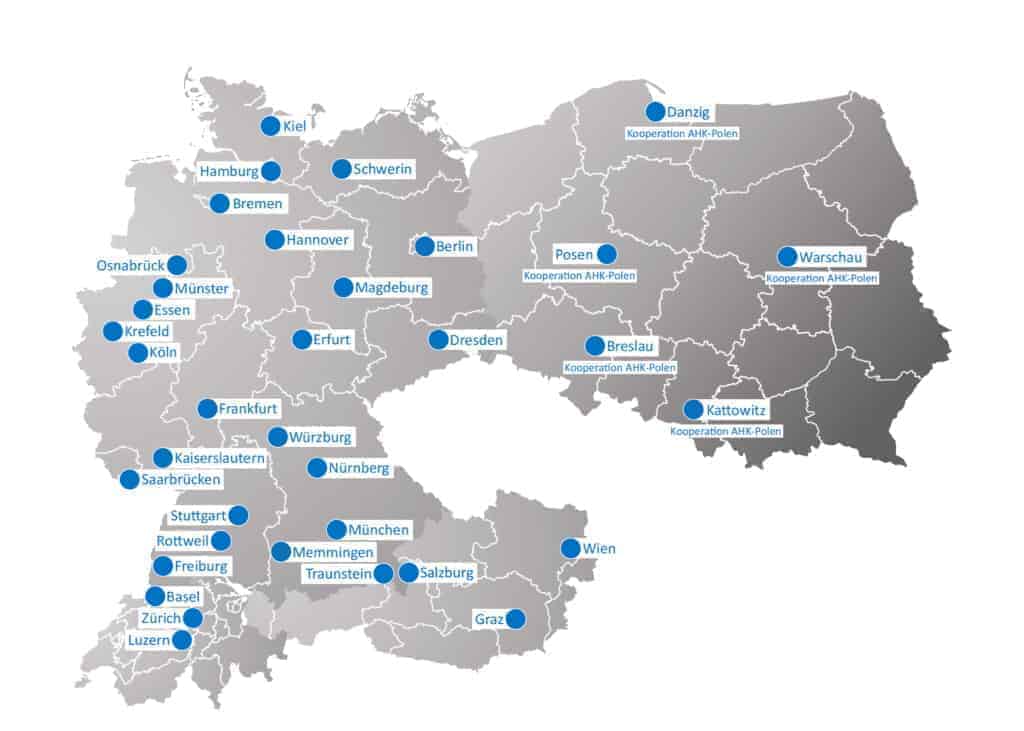Conflicts in family businesses during succession require open communication, realistic expectations, appropriate transition phases, careful planning and qualified advisors who are not emotionally tied to the family players. A targeted approach enables a harmonious generational transition and manages conflicts.
Most frequent conflicts at a glance

Table of contents
Too little communication in the family
High pressure of expectations
Inadequate planning of business succession
Holding on to the older generation
Barriers against modern leadership methods
Too narrow or even too loose a framework for successors
No or wrongly specialised advisors
Resolving conflicts through mediation
1 Too little communication in the family
A common problem in family businesses with succession disputes is the lack of communication within the family. Important issues and decisions are often avoided or postponed, which can lead to tensions and misunderstandings.
This may be due to the older generation’s fear of relinquishing control and, at the same time, the potential successors’ reluctance to express their ambitions and ideas. To prevent conflicts, it is crucial that family members communicate openly and honestly with each other.
Regular family meetings, open discussions about goals and wishes as well as clear definitions of roles and responsibilities can help to eliminate misunderstandings and ensure a smooth succession in the company. Especially the automatic and unconscious role behaviour between company and family is often the cause of an unfiltered transfer of behaviour from the role of company leadership into the role of family leadership.
2 High pressure of expectations
The high pressure of expectations on the successor(s) in family businesses is a frequent point of conflict. This pressure comes from the older generation and other stakeholders who have certain expectations of the takeover and of the new leader.
To deal with this, it is important to have realistic expectations and give the successors room to develop. Clearly defined goals and regular feedback sessions can reduce the pressure of expectations and allow successors to learn and grow.
3 Abrupt generation change
An abrupt succession or too short a transition period between generations can lead to considerable conflict and uncertainty. Without sufficient time for a handover and preparation, this can lead to disruptions in business operations and uncertainty among employees and customers.
An appropriate transition period is advisable to allow the next generation to prepare for their future role and gradually take on more responsibility. This can be achieved through mentoring, external advisors and close cooperation between the generations. Likewise, the person handing over must learn to leave the previous role step by step.
Good communication and clear agreements are crucial to ensure a smooth generational transition.
Download the KERN succession roadmap as PDF
4 Inadequate planning of business succession
Inadequate business succession often leads to disputes in entrepreneurial families. Successful succession requires a long-term perspective, strategic planning and professional advice.
The counsellors should explicitly not be connected to the family system. Ex: The family’s long-time lawyer or tax advisor does not have the emotional neutrality. Possibly also not the training to moderate a demanding family process.
A detailed succession plan with clear roles, ownership arrangements and a vision for the future of the business minimises disputes. Open communication and regular review ensure that the plan meets changing needs and goals.
5 Holding on to the older generation
The older generation’s clinging to the management of the family business also harbours potential for conflict. Reasons for this are pride in the company, fear of change, financial insecurity and lack of interest outside the company.
It is important that the older generation recognises the value of an orderly succession and gradually hands over responsibility. Open conversations about concerns and fears as well as an appropriate transition period can help. Trust in the next generation and clear communication about expectations and goals are crucial.
6 Barriers to modern leadership methods

Conflicts can arise in companies when older and younger generations have different views and value parameters. This can affect growth and innovation.
Older employees should be open to change and learn from younger ones. External experts and respectful exchange can help implement modern leadership methods and promote an open corporate culture.
A balanced mix of tradition and innovation is crucial for the success of family businesses. Family members should work together on a future-oriented vision and recognise the benefits of modern management methods.
Training and education help both generations to become familiar with current trends and practices and to accept and ideally actively support change.
7 Too narrow or even too loose a framework for successors
An inadequate framework for successors in companies can lead to conflicts. Too tight a framework limits their creativity and potential, while too loose a framework causes uncertainty and lack of direction.
It is important to set clear guidelines and expectations in order to give orientation to the successors and at the same time take their individual abilities into account. The constructive discourse of expectations, wishes, hopes and fears of both generations is the key to a perfect succession and handover.
A balanced mix of support and freedom enables the successors to act successfully and ensure the success of the family business.
Especially for people who are about (!) to make a decision for entrepreneurship and who themselves may not be able to clearly assess their potentials or even have ambiguity with the roles within siblings, we recommend a modern and scientifically based online assessment:
8 No or wrongly specialised advisors
Experienced and qualified advisors are crucial for successful succession planning and conflict management in companies. It is important to involve advisors who have extensive expertise in succession planning and family dynamics and who have no emotional entanglement with the family system involved
They can help develop tailor-made succession plans and mediate in the resolution of generational conflicts. Without the right advice, suboptimal planning and implementation of business succession can occur, while choosing advisors without specific knowledge of family businesses can lead to problems.
It is advisable to involve qualified advisors at an early stage to ensure that they have the necessary qualifications and experience to make the succession process run smoothly and to manage potential problems effectively.
Advisor for succession in family businesses
KERN offers specialised consulting services for family businesses to develop tailor-made succession plans and manage generational conflicts.
Our experienced advisors and network partners are experts in succession planning, family dynamics, inheritance and tax law, and business valuation. We work closely with entrepreneurial families to consider your individual needs and goals. Through open communication and a holistic approach, we help you create the right framework for successors and resolve conflicts.
Contact us today to schedule a consultation and address your specific challenges. Together we can facilitate a successful generational transition in your business.
Resolving conflicts through mediation
Disputes between generations in family businesses during the succession process can be effectively resolved through Mediation be resolved. A neutral and professional mediator promotes open communication, clarifies misunderstandings and helps to address conflicts constructively.
Through structured discussions, common interests and possibilities for compromise are worked out in order to find win-win solutions. Mediation offers the parties involved control over the conflict and promotes long-term relationships within the family.
Our experienced mediators support family businesses in resolving conflicts related to business succession and facilitate a harmonious generational change. Contact our mediators to find tailor-made solutions for your specific conflicts in the succession process.
Conclusion
In family businesses, conflicts and problems can arise during the succession process. Common challenges are a lack of communication, high pressure of expectations, an abrupt generational change, insufficient planning of the business succession, the retention and mixing of roles between family and business, a too tight or too loose framework for the successors, and missing or wrongly specialised advisors.
To resolve these issues, it is important to have open communication, clear roles and responsibilities, appropriate transition phases, strategic planning, recognise the value of change and involve appropriate advisors. When conflicts arise, mediation can help to promote a harmonious generational handover.



